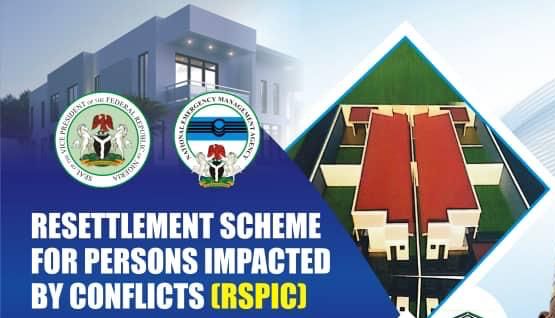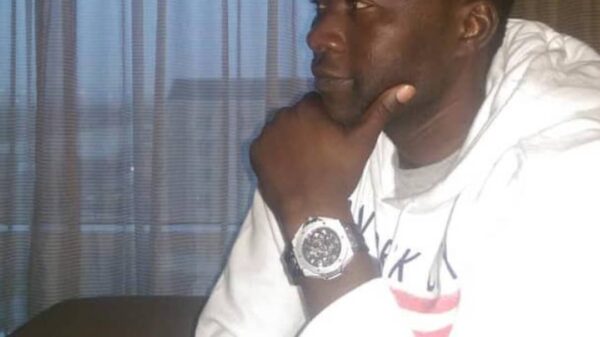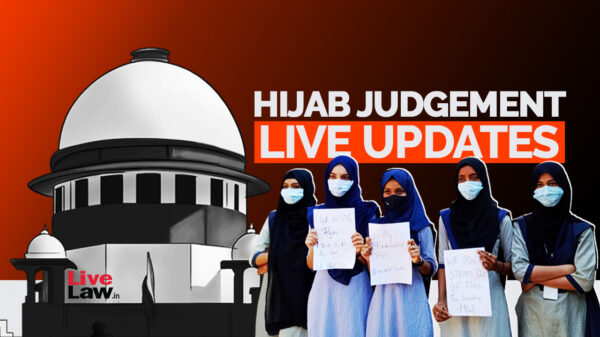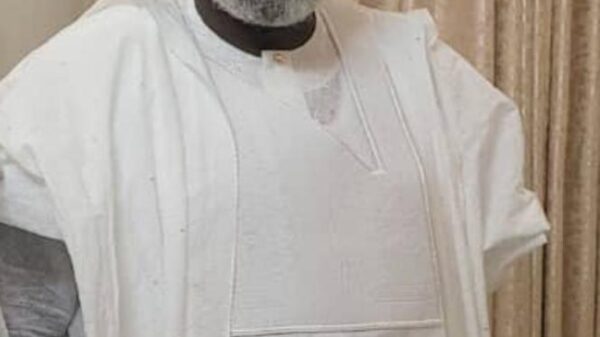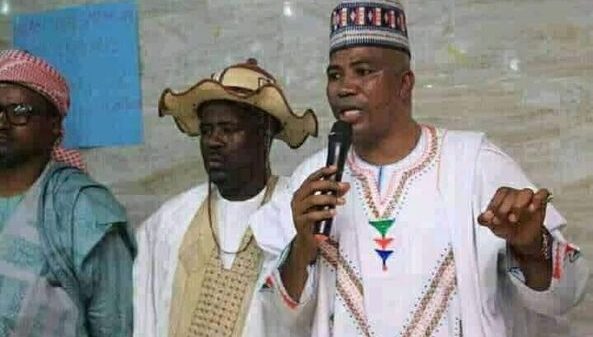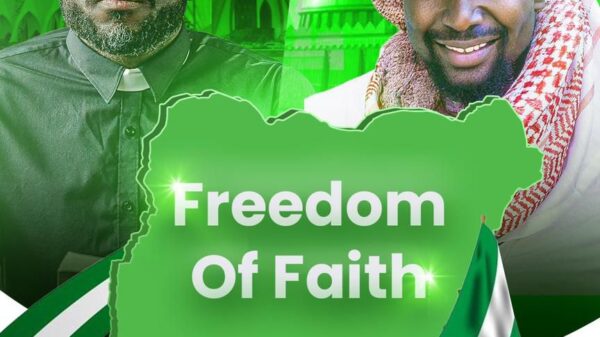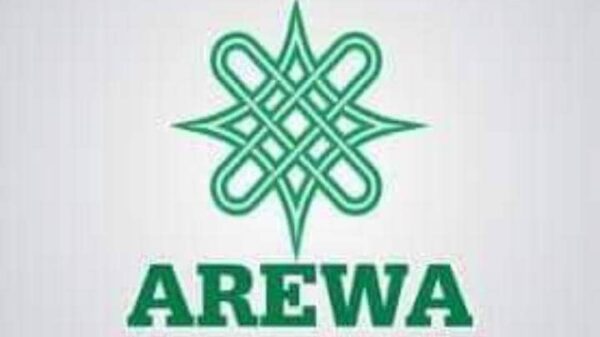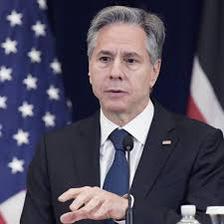BY USSIJU MEDANER
( PUBLISHED IN PEOPLES DAILY NEWSPAPER, WEDNESDAY COLUMN, 3RD, MAY, 2023)
My fellow countrymen and women, we are taking so much for granted as a country and as a people; really, we have been so lucky and rather fortunate that despite all our attempts to breed and escalate internal conflicts and wars in the country over the years, we have repeatedly and till now, escape with near misses. It has not been the same for other countries, most of which have not even done a quarter of what we are doing here in the most populous black nation on earth. It may not always be this way and it is about time we stopped and reflect earnestly on forging genuine peaceful coexistence and lasting tolerance. Sudan, the latest theatre of conflict and war was just like us, and see where the country is now. At this point, what we should be seeing from the Sudan crisis is not only the evacuation of citizens but rather, why and how they got there and how it relates to us.
Sudan gained independence in 1956 from the United Kingdom, four years earlier than Nigeria. Unfortunately for the nation up till now, it has only enjoyed eleven years of peace in all its post-independence years; the country has seen nearly fifty years of civil wars arising from the collision of cultures, religions, ethnicities, and other conflicting values which were magnified by the Sudanese above national unity and integration despite all entreaties. How could that be? What could be responsible for the multiple woes of the nation so blessed and endowed and with so an enviable prospects from the beginning?
The country boasts of the largest landmass in the African continent; bordered by nine countries and blessed with pluralities across many lines that ought to be used as stepping stones to even greater heights of development. Very similar to Nigeria, Sudan was populated by multi-religious citizens cutting across Islam, Christianity, and Animists. The country is also multi-tribal, with the major tribes being the Fur, Masalit, and Zaghawa; just the way Nigeria is majorly divided into the Hausas, Yorubas, and Igbos.
Very much like Nigeria, Sudan is a nation blessed abundantly with a large area of arable land, a very significant gold deposit, and a massive deposit of crude oil reserves across the country. It was a nation doing great agriculturally, with massive activities in cotton and peanuts cultivation which employed about eighty percent of the nation’s workforce and contributed about 39 percent of its GDP. The country has about 3 billion barrels of oil reserves accounting for about 73 percent of the country’s total export revenues. It had a bubbling oil economy; oil pipelines extend from southern oil fields through Khartoum to the Red Sea and a steady crude export.
It is important to state as part of the opening of this piece that very much like Nigeria, Sudan from the onset has its fierce competition for land between herders and farmers, including violent battles between Fur farmers and Arab herders from 1987 to 1989, and continuously afterward. This competition has fueled most of the conflicts in Darfur and the rest of the country, up till the demarcation into South and North Sudan and now even beyond.
The major problem of the country began with much recognition for regional considerations and integrity; the North and the South respectively concentrate more charges on themselves, than on the common center. As of 1956, when the country attained independence from the British Empire, civil war was already brewing between the two regions. Not exercising any restraint to curb the tribal and regional errors, religion also became a major divisive factor for the country. The first civil war began as an aftermath of an attempt to impose Sharia law on all parts of the country; the Christian and Animist-dominated South, led by the People’s Liberation Army rose up against the central government and a bloody civil war that would engulf the whole of a blessed nation began because they could not draw the lines between religion, tribal and national unity.
Tribal affiliations and religious inclinations have become the issues in the country; the Al-Bashir-led government pushed further nothing but religious agendas that pull the country further away from any meaningful compromise. Attempts to end the civil war in 2023 were truncated by continuous accusations and counter-accusations of regional, tribal, and religious neglect in government affairs, including appointments into top government offices.
Unable to control its appetite for the wrong elements, the country has become savaged with internal conflicts and wars again and again. The first civil war 1955 to 1972, between the North and South over demands for more regional autonomy by the Southern Sudan region led to the deaths of about 500,000 citizens. The second civil war spanned from 1983 to around 2003 between the central Sudanese government and the Sudan People’s Liberation Army. Believed to be a continuation of the first civil war that was responsible for the killing of some two million people in the country, the war led to the independence of South Sudan in 2011.
It was expected that the breakup of the country would bring an end to hostility and herald lasting peace in the separated nations, but no; it was far from it, rather than peace, it has remained the hellish story of aggression, continuous dominance of religious and tribal considerations, even in the newly formed nation. Again, in 2003, and running through 2020, another war broke out between the Sudan Liberation Movement (SLM) and the Justice and Equality Movement (JEM) rebel groups against the government on the back of accusations of the oppression of Darfur’s non-Arab population, and a terrible response from the government that led to a campaign of ethnic cleansing against Darfur’s non-Arabs and the reported killing of about 300,000 in the pogrom. Now, again, in 2023, another internal scuffle; a power struggle within the military government has led to another civil war ravaging Sudan.
From independence and now, there have been stories of non-development, social interruptions, unnecessary killings, and the undermining of the country’s capacity to grow and develop at the back of its blessedness. The nation has become a shadow of itself, without any reckoning in the continent. Death tolls have surpassed four million and the displaced are unaccountable. Why? Because the country and its people chose to prioritise religion and tribalism above national coherence.
The lessons from Sudan; I do hope we would learn from them and correct our errors before we finally collapse under the weight of the lines we are drawing across – religion, tribal and regional differences at the expense of peace and our national development.
Religion is meant to be simple, leading people to God and transforming their lives positively, and not parading charlatans and simpletons masquerading themselves as mouthpieces of God who have complicated it to a political factor, exploiting adherents economically, determining national directions arbitrarily and compromising citizens’ interrelations condescendingly. From false doctrines to pernicious fanaticism and hypocrisy, they have transformed the worthy element into a national menace. Now, instead of using religion as a tool to escape poverty, misery, and ignorance, religion has become a warring tool, a virulent virus fostering crises across the nation. Nigeria has become more polarised across religious lines than any other considerations and has seen cracks and divisions that are nearly unamendable created among adherents of various religions in the country. We have gotten to the point that we would most likely pick weapons against ourselves for the causes of perceived infiltrations of our faiths and religious beliefs. For politicians, it has become a choice weapon to win elections; set the people against each other along religious lines and wait to harvest the figures and premeditated outcomes.
And then, what has our over-dwelling on tribalism done to our national prosperity and coherence? We have gone down too far away from peaceful coexistence and compromised development, all because it has become a near-impossible task for us to come together and truly work together across tribal and regional affiliations. When at the heart of all our national dealings whereby, we willfully prioritise tribal sentiments, it should be expected, by recompense, that we are creating a distorted interrelationship among tribes, setting the table for disagreements, brewing hostilities, and silent wars and at worst, if we are unlucky, expectedly, the Sudan Way, if we are to reap the right recompense of what we sow.
We just had an election; and now, we are still debating whether the election is fair and credible enough. On the average, what do the observers say about the election? Do all the eventful and non-precedent results across the states and places import nothing to the credibility of the elections? Must we focus on Obi’s defeat while ignoring the unbelievable losses of the ruling party in places and areas no one could expect them to lose? The elections speak for themselves, but for our religious and tribal sentiments, we have remotely concluded to refuse to accept the results of such a credible and fair election. And now, rather than being bothered about the wellness of the country, what we are seeing now are gang-ups, on the back or religious, parochial, and other considerations to pull down the country. The Americans had their presidential election in 2020; we are all aware of what followed afterward: the claims of stolen mandates, the legal tussles, the attack on the capitol, and the continuous trials of all those responsible across the country, including the Republican candidate, Donald Trump.
Donald Trump claimed the election was stolen from him without evidence, and had his cases thrown out of court one after the other, but would still refuse to accept the credibility of the election till now. It is the same America, PDP, and the Labour Party that are going to stage the “mother of all rallies” to reclaim their stolen election mandate in a keen, fairly, and very credible election, that even the U.S. has observers in the conduct of the elections, who had reported that the election was fair enough. Why do we do these to ourselves and desire to tear the country? They know they lost at the polls and they know already what the outcome of the legal tussles would be, but they would still choose to heat up the system, stirring up hatred for the system, all because they have begun to prepare for 2027.
The enraged Obidients, the ignited church, waiting to catch fire and burn down the country, fighting for their tribe, religion, and political leanings, at the expense of peace, growth, and development of the country, would only lead us to the Sudan Way. Just like Sudan, the main reason for our lack of development at par with our potential, from the beginning and up till now, has been political instability, primarily caused by our refusal to jettison religious, tribal, and regional considerations as factors for our coexistence. Our unity has been in precarious balance with the resulting conflicts, both covert and overt, becoming more complex by the day; and our ability to resolve them diminishing by the day. All candidate solutions so far, are altogether inappropriate in keeping up with the development pathway that is desirable and sacrosanct to our sustenance. As an evolving democracy, and as compatriots and well-meaning citizens, we must keep striving to engage one another in civil manners and to keep iterating solution candidates that will salvage our dear nation. We must never lose or waver in hope.
GOD BLESS THE FEDERAL REPUBLIC OF NIGERIA!


